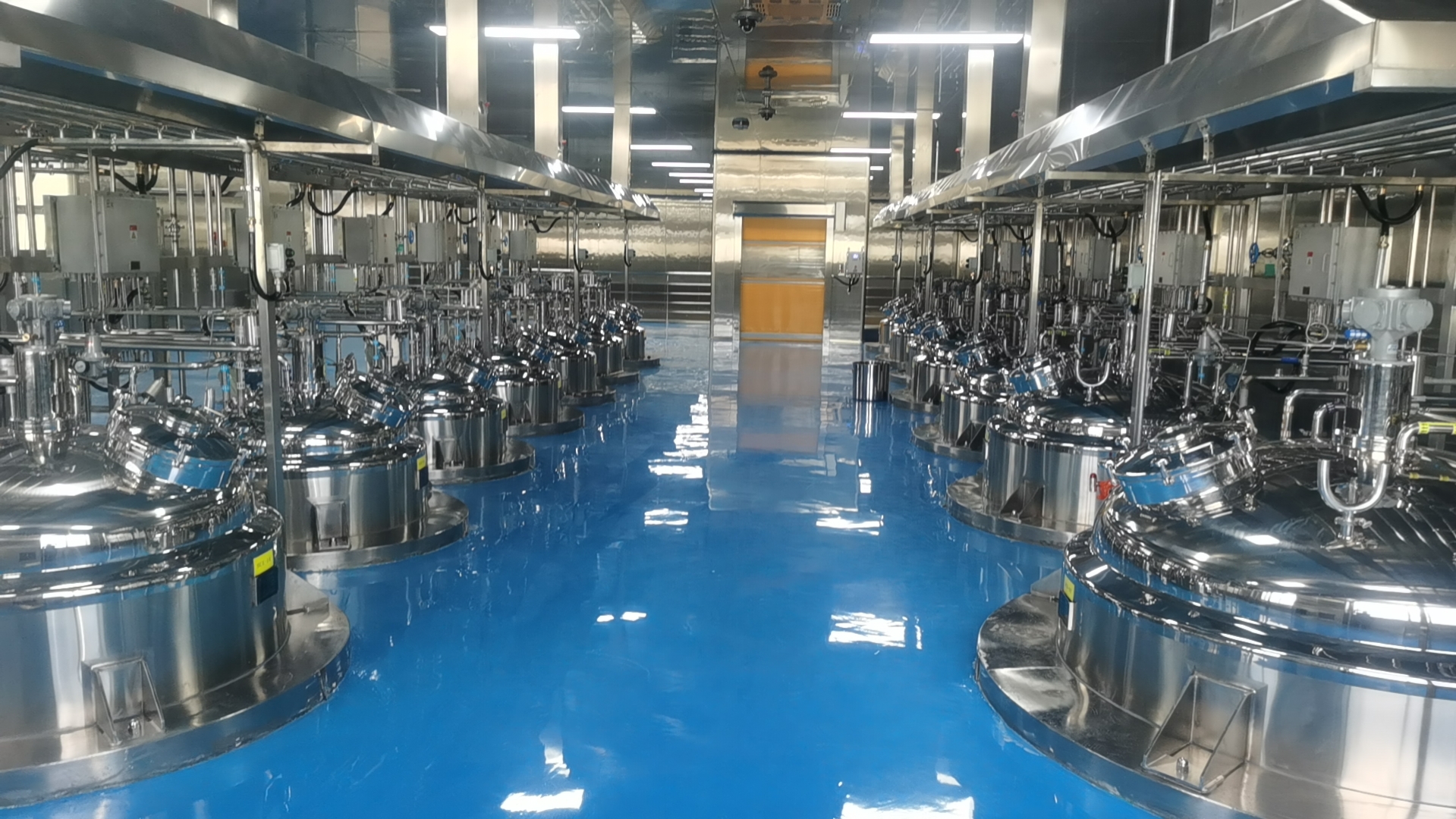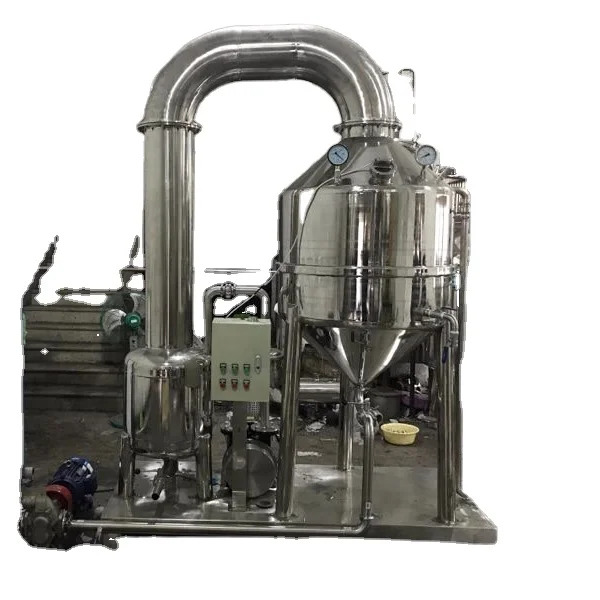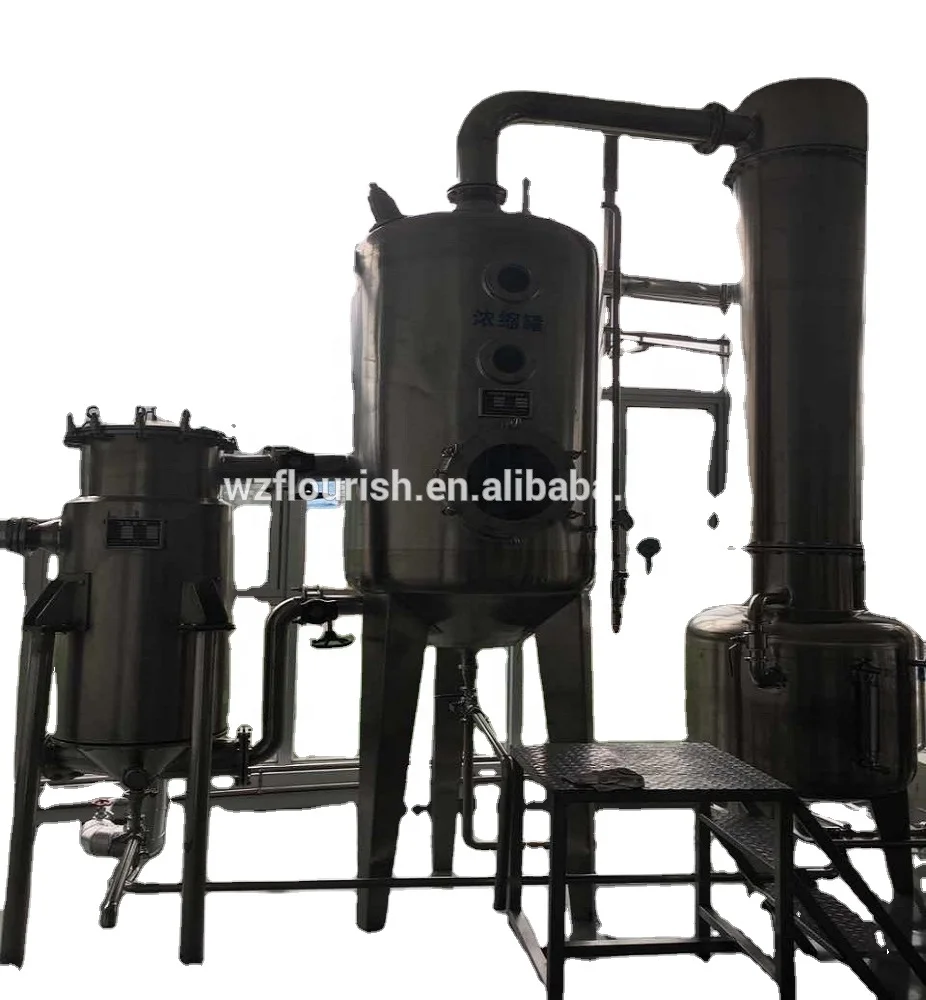
ABOUT
Wenzhou Vince Machinery Science Co., Ltd. was established in early 1980s. Our company covers an area of 6500 square meters and is an independent legal representative firm, possessing rich economic technology strength. Our company is a high tech enterprise and plays an important role in national dairy, foodstuff, pharmacy and machinery industries. We are a beverage machinery supplier.
Since the establishment, our company has mainly engaged in dairy products, foodstuff, beverage machinery, bean products, yellow wine, medicines and fermentation projects. What's more, our company supplies a complete sequence services in manufacturing, installation, test and personnel train, as well as the whole direction service design and consulting service on product project construction or enlargement artistic distribution engineering sets budget.
Fermentation Tanks: A Key to Sustainable Food Production
Fermentation, an ancient technique used for preserving food and creating unique flavors, is experiencing a resurgence in popularity. This renewed interest is fueled by the growing demand for sustainable and healthy food production methods. Fermentation tanks, the heart of this process, play a crucial role in transforming raw ingredients into delicious and nutritious food products.
The Science Behind Fermentation Tanks
Fermentation tanks are specialized vessels designed to create the perfect environment for microbial activity. These tanks often feature temperature control, pressure regulation, and agitation systems to optimize the fermentation process. Inside the tank, microorganisms like bacteria and yeast convert sugars into acids, alcohols, and other compounds, creating the characteristic flavors and textures associated with fermented foods.
Benefits of Fermentation Tanks for Sustainable Food Production
Fermentation tanks offer numerous advantages for sustainable food production. Firstly, they help reduce food waste by extending the shelf life of perishable ingredients. Fermentation can transform leftover produce into delicious pickles, sauerkraut, or kimchi, ensuring that nothing goes to waste.
Secondly, fermentation tanks promote resource efficiency. These tanks typically use less energy and water compared to traditional food processing methods. The microbial activity in fermentation also reduces the need for synthetic preservatives and additives, leading to healthier and more natural food products.
Furthermore, fermentation tanks contribute to a circular economy. They enable the use of byproducts from other industries, such as whey from cheese production, as feedstock for fermenting beverages like kefir or yogurt. This minimizes waste and promotes a more sustainable food system.
Applications of Fermentation Tanks in Food Production
Fermentation tanks are used in a wide range of food production processes. They are essential for producing traditional fermented foods like yogurt, cheese, soy sauce, and kimchi.
Beyond traditional applications, fermentation tanks are gaining popularity in the production of innovative food products like kombucha, plant-based meat alternatives, and fermented beverages. These products cater to the growing demand for healthy and sustainable food options.
Future Trends in Fermentation Tank Technology
As the demand for fermented foods continues to rise, so does the development of innovative fermentation tank technologies. Advancements in automation, data analytics, and process control are enhancing the efficiency and accuracy of fermentation processes.
Furthermore, research is underway to develop new strains of microorganisms and optimize fermentation conditions to create novel flavors and textures. This ongoing innovation promises to revolutionize the food industry and provide a wide array of sustainable and delicious food options.
Fermentation tanks are not just vessels; they are catalysts for a more sustainable food system. They offer a unique combination of flavor, nutrition, and environmental benefits, making them a key component in building a more resilient and equitable food future.
SUBSCRIBE
INQUIRY





